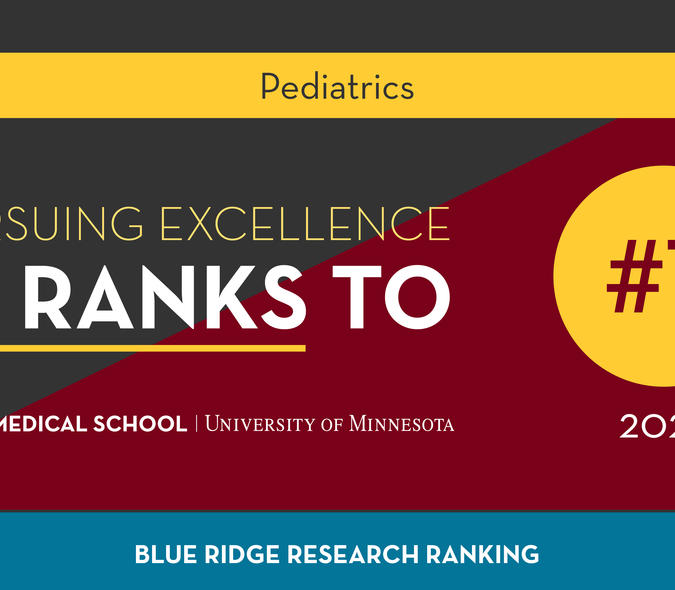University of Minnesota Doctor Discusses Restorative Justice
Professional settings, including one’s place of work, have a complex variety of interpersonal interactions, some being positive and others more negative. In academic medicine, understanding these interpersonal relationships and how they influence professional settings is vital for providing excellent medical care, contributing to new research, teaching upcoming medical professionals, and adapting to current national and political climates. To address questions and gain a further understanding of medical workplace interactions, the Association of American Medical Colleges (AAMC) selected Amanda Termuhlen, MD, Associate Dean for Faculty Affairs in the University of Minnesota Medical School’s Department of Pediatrics, and colleagues from the University of Minnesota Medical School among six other colleges of medicine to look further into restorative justice in the workplace. Within these medical schools, teams of faculty and staff will be trained in restorative justice practices in hopes of working these practices into everyday communication and interactions between colleagues.
The University of Minnesota Medical School’s academic and professional policies are rooted in the practice of integrity, inclusion, diversity, and collaboration. Restorative practices exemplified and taught by the selected faculty and staff could be used to improve workplace culture, promote effective communication, reconcile and prevent harm surrounding people’s actions, and promote inclusivity. By implementing these practices and ideals, the Universities and AAMC will look into how workplace culture and interactions change. To read the full article with more information on the pilot program, please follow this link.

